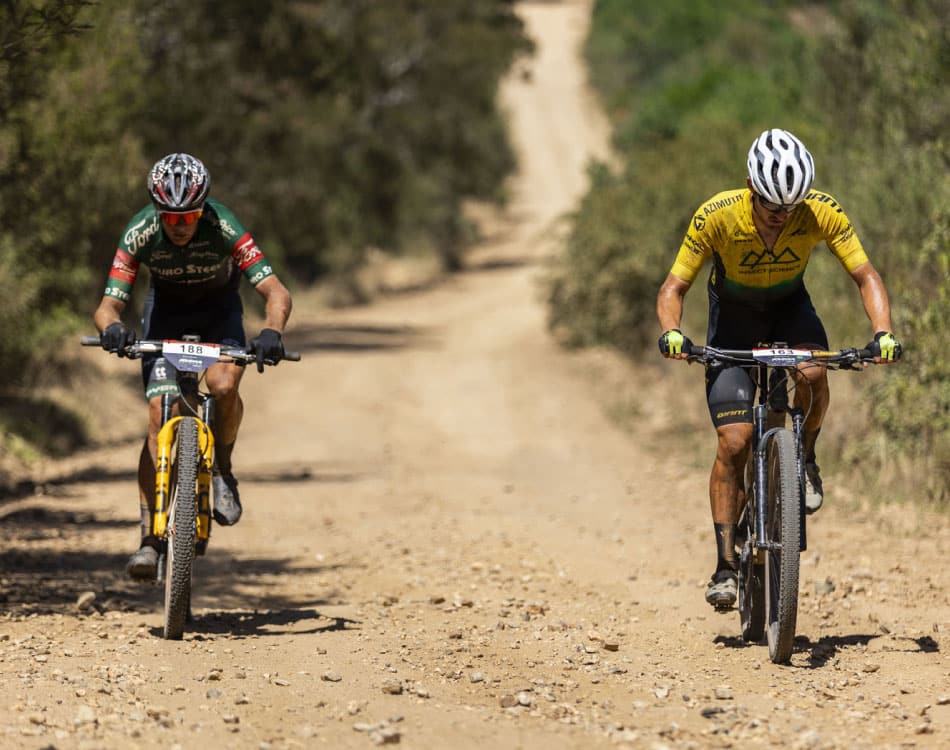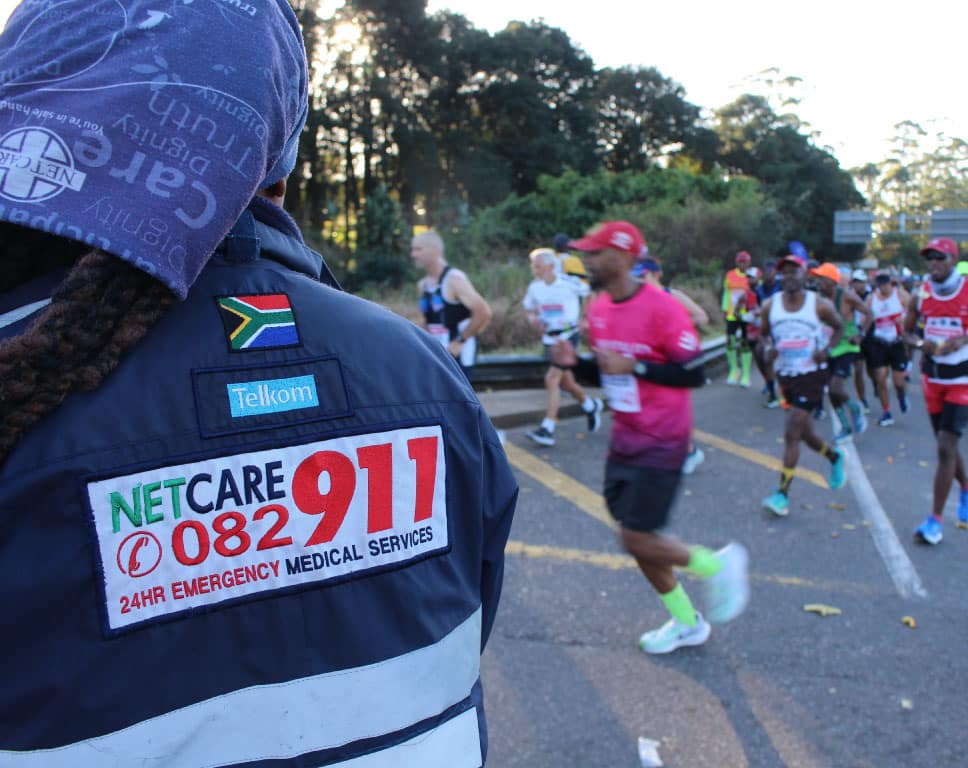Multiple Comrades Marathon champ and record holder Gerda Steyn (she’s also the Two Oceans record holder) knows a thing or two about how to train and prepare for running your best ultra-marathon.
With plans to defend both her ultra-marathon titles while eyeing even faster times to break her own records, we sat down with Gerda during a recent training camp in South Africa to get her top tips on how to deliver your best performance on race day.
#1. Consistency over intensity
Every runner wants to make rapid gains with the most innovative workouts, the latest supplements or the most technologically advanced carbon-plated racing shoes but Gerda says the secret to success is a lot simpler.
“Training consistently week after week, month after month and year after year is the only guaranteed way to improve as a runner and achieve your full potential,” she explains.
“Quick fixes, training hacks or fad programmes generally lead to injury. I recommend finding a training plan structure that works for you and stick with it over the long run.”
After five years of uninterrupted training, Gerda knows this statement to be the greatest truth in running.
It is what she attributes to the consistent and incremental performance improvements she has made over the years that have earned her back-to-back titles at the toughest ultra-marathons on earth, not to mention multiple records.
#2. Easy days easy, hard days hard
Another reason many runners don’t get the full benefit from their training is that they run too hard during their easy runs and not hard enough during their hard training sessions.
“Over the last few years I have really focused on slowing down my easy and recovery runs, which make up the bulk of my weekly training mileage,” explains Gerda.
The ‘hard days hard, easy days easy’ training philosophy avoids the medium-intensity runs that many coaches refer to as junk miles as they don’t provide optimal training stimulus to improve your performance but also interfere with your recovery.
“Running your easy runs at an easy pace not only reduces the strain you impose on your body but also leaves you fresher for the hard track, interval or tempo sessions later in the week, which should only account for about 20% of your weekly training volume,” adds Gerda.
#3. Have a plan and stick to it
No matter what level of runner you are, Gerda says you need to plan your race strategy beforehand and stick to the plan when the gun goes off.
“On race day, come prepared with a plan A and plan B in case things don’t work out as planned, but always stick to the plan,” recommends Gerda.
“Work out the times you need to reach certain distances or cut-offs and stick to your pace at the start.”
Runners often get caught up in the excitement of the mass start and go out too fast with the bunch, which is a recipe for disaster.
“Working too hard in the first half of the race means you won’t have enough left in reserve for the second half, which is essential in an ultra-marathon.”
Gerda says that sticking to the pacing plan you trained for from the first kilometre will give you the best chance of achieving your goal time.
#4. Be prepared
“Avoid panic on race day by being prepared,” suggests Gerda. “Lining up for the biggest race of the year is already stressful for many runners, so don’t add more stress by being unprepared.”
Gerda recommends getting your kit ready the day before the race to ensure you have everything you need.
“Pin your number to your top, making sure the pins won’t make you uncomfortable. Pack your energy gels and bars, charge your Garmin and make sure you have all the kit you need for the expected weather conditions.”
#5. Keep a training diary
Gerda is renowned for her meticulous note-taking. She records everything – every training session and race – with detailed notes on what she did, how she felt, and what she could improve on.
“It doesn’t take much time to write down what happened during a training session or race. With this small investment in time and effort, you gain a valuable source of data and insights that can help you avoid making the same mistakes,” explains Gerda.
“More importantly, taking notes helps you understand yourself as a runner. Everyone is different, which means what works for someone else might not work for you. The only way to find what works for you is to study yourself.”
Gerda believes that keeping a training diary will help you identify what feels good and what you enjoy, which will make your running journey more enjoyable. “I wish more runners would take notes.”
Bonus tip
As a final bonus tip, Gerda says runners must never forget to enjoy every training run and race experience, no matter what they are going through.
“Running is a gift, a choice and a pleasure. It is such a privilege, so never forget to enjoy it!”















